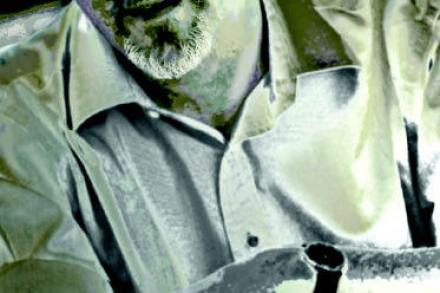Lucky miss
In Dreams From My Father, his exploration of race and roots, Barack Obama recalled the tales heard in childhood about the man who gave him his name. His father, they said, was a brilliant economist who grew up herding goats in western Kenya, then won a scholarship to the University of Hawaii, where he fell in love with a white woman. ‘There was only one problem: my father was missing. Nothing my mother or grandparents told me could obviate that single, unassailable fact.’ My boy, I thought on finishing this book, you have no idea how lucky you were. Sociologists may worry about the impact absent fathers are having on








